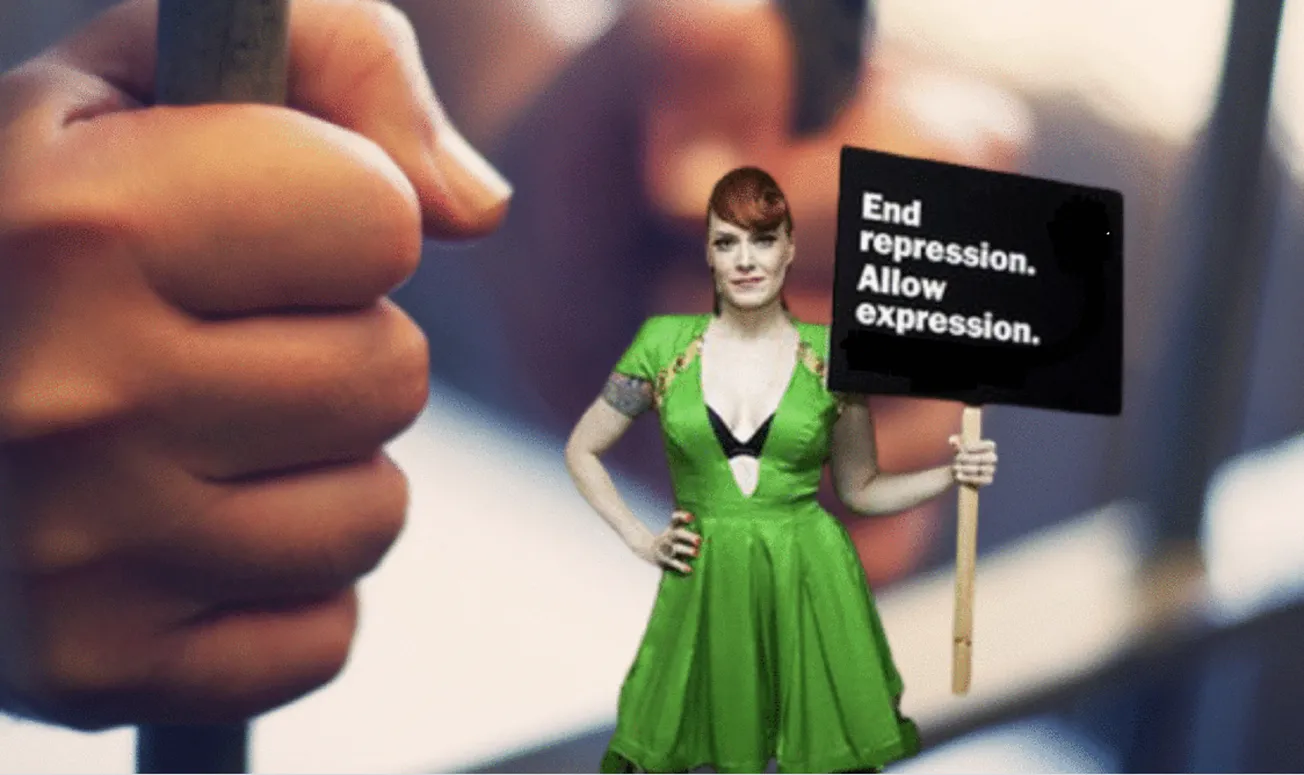Table of Contents
New Conservative
“I hate you, you’re the worst parents.”
“Conservatives are bigoted and living in the 18th century.”
“A woman’s place is in the home.”
“The Holocaust never actually happened.”
“There are only two genders (male and female), all others are a fabrication.”
“The Bible says all sinners including homosexuals will go to hell.”
Are any of these statements hate speech? Will any be banned under the proposed hate speech laws as maintaining or normalising hatred against a protected group? No one knows.
No definition of hate speech is given, just a sentence of up to three years imprisonment or a $50,000 fine if found guilty. As someone has said, it is like being told not to speed on the road without being given a speed limit.
The current proposal for hate speech laws widens the net of protected groups to include sex, religious beliefs, disability and gender diversity. At the same time, it lowers the bar of incitement from incitement to hostility, to incitement to discriminate. Thus the chances of breaching the law and being prosecuted are dramatically increased. The natural response is to shut up and be quiet to avoid the possibility of being accused of hate speech.
The question needs to be asked, “do we really need increased hate speech laws?” The discussion document released by the Labour government frequently refers back to the Royal Commission of Inquiry into the Christchurch shooting and its findings as a basis for broadening the net of hate speech laws. However, it can clearly be seen that if these hate speech laws were in place in 2019, they would have done nothing to prevent the shootings. In fact, the opposite is more likely.
With hate speech laws in place, people are less likely to speak out and discuss their thoughts openly, robbing them of the privilege of having their thinking challenged and possibly changed. This could allow these thoughts to fester away, growing and causing disastrous future outcomes, both for the individual and their neighbourhood.
Barack Obama has said that “the strongest weapon against hateful speech is not repression, it is more speech,” including the right of individuals to “blasphemy against our most sacred beliefs.” It is dialogue and discussion that changes beliefs and attitudes, not law. The legislature can only modify the behaviour of those who willingly obey, it can not modify our thoughts and beliefs. Religious organisations are given the task of modifying people’s beliefs while the government sets laws that modify our behaviour. The old fashioned separation of church and state.
New Conservative believes that the Ministry of Justice’s “Proposals against incitement of hatred and discrimination” goes into an area where the legislature should not go. We believe this proposal will neither foster greater social cohesion in New Zealand nor reduce racism and similar attitudes, rather they will have the opposite effect.
We need to encourage people to dialogue and debate, not shut down opinions that some people don’t like.
We already have defamation laws providing recourse when an untrue or misleading statement made publicly (either in writing or spoken) about a person or organisation harms their reputation. Keep the law where it belongs. Not in the Crimes Act.
Please share this BFD article so others can discover The BFD.









